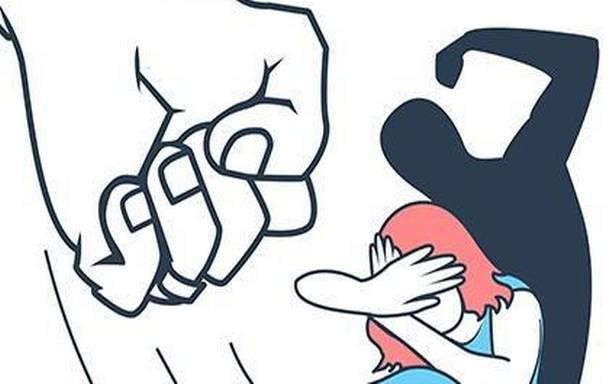
Within the four walls of home, the violence against women is quite high. Domestic violence against is widely prevalent, but has remained largely invisible. Women accept violence because social norms sanction them. At the same time, cultural conditioning and economic dependence prevent the vast majority of women leaving their marital homes. Though there is criminal law to prevent domestic violence, the recent civil law “Protection of Women from Domestic Violence” is aimed at providing relief, compensation and support to a woman.
Your husband or partner commits any of the following acts of violence against you or your child.
Verbal and emotional violence.
Insult – not attractive, not smart, doesn’t respect him/his parents.
Accusing/Insulting your parents.
Accusations on your character or conduct etc.
Insult for not having a male child.
Insults for not bringing dowry etc.
Preventing you or a child in your custody from attending school, college or any other educational institutions.
Forcing you to leave your job.
Preventing you from taking up a job.
Preventing you or a child in your custody from leaving the house.
Preventing you from meeting any person in the normal course of events.
Threat to commit suicide.
Not providing you money for maintaining you or your children.
Not providing food, clothes, medicines etc to you or your children.
Stopping you from carrying on your employment..
Forcing you out of the house you live in.
Stopping you from accessing or using any part of the house.
Not allowing use of clothes, articles, or things of general household use.
Not paying rent if staying in a rented accommodation etc.
Slapping
Beating
Hitting
Biting
Kicking
Punching
Pushing
Shoving or
Causing bodily pain or injury in any other manner.
Forced sexual intercourse
PWDVA seeks to cover all those women who are or have been in a domestic relationship with a man including live-in relationships, bigamous marriage and fraudulent marriages.
The Act gives the women right to reside in the shared household.
Protection orders can be given by the magistrate immediately to stop violence.
It provides counselling for both parties singly or jointly.
The act stipulates that within 3 days the case has to be registered and in 60 days all requisite relief measure to be given